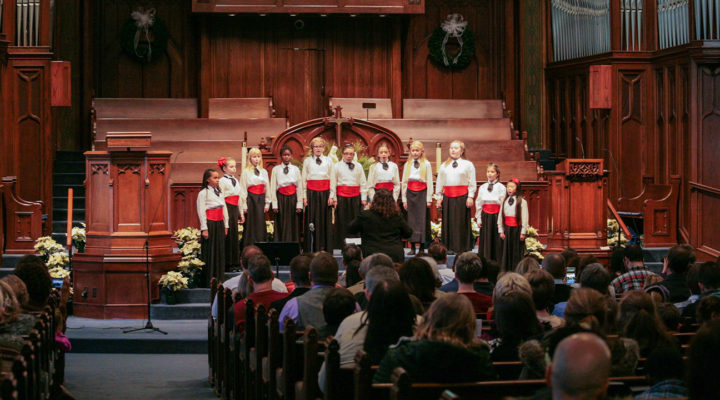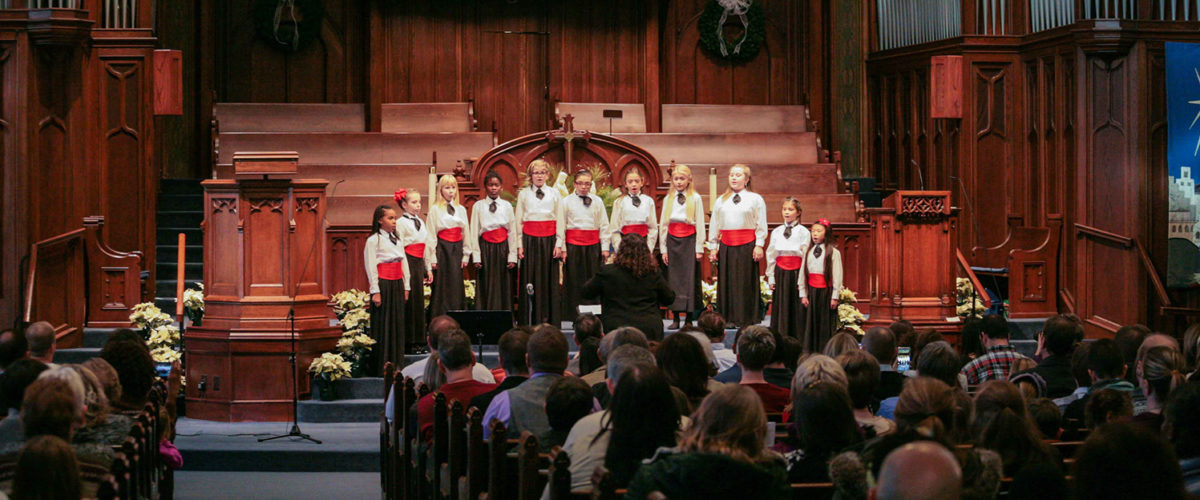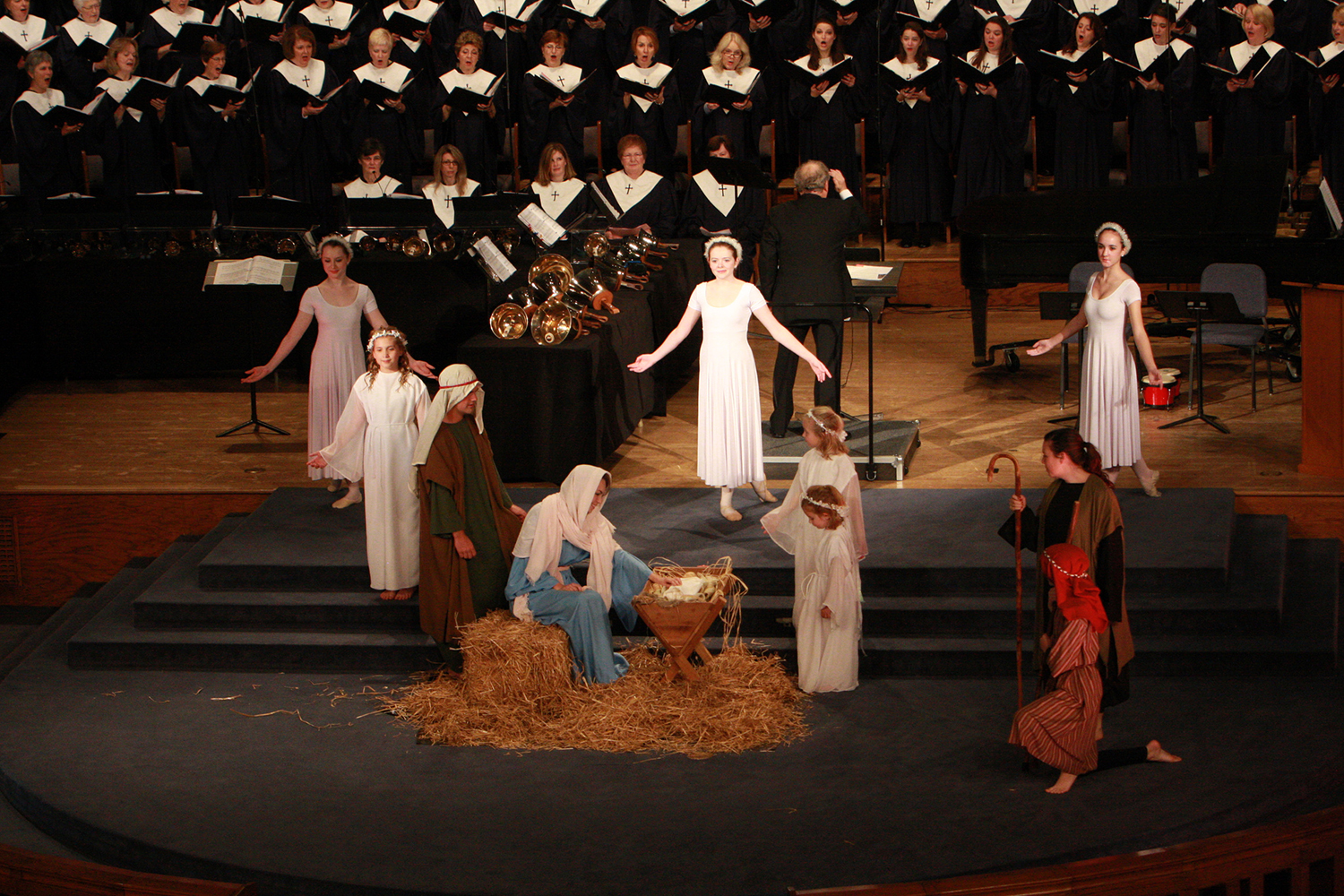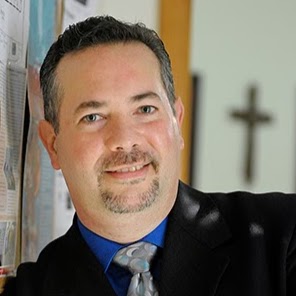From papal fallacy to cherished holiday, Christmas has come a long way in the eyes of American Protestants.
Earlier this month, LifeWay Research announced that the vast majority of Protestant pastors say their churches will worship on Christmas morning this year, and also on New Year’s Day. Both fall on Sundays.
“Christmas is one of the busiest times of the year especially at churches, with many churches having extra Christmas Eve services and special programs,” Scott McConnell, executive director of LifeWay Research, said in online comments accompanying the survey results.
“If Christmas falls on Monday through Saturday, churches might be closed on December 25 — but almost never on a Sunday,” he said.
But up to about 150 years ago, that wouldn’t have been the case. Protestant churches would either be empty or would ignore the holiday altogether during Sunday morning services.
Their problem was the Catholic and pagan origins of the holiday, said Bruce Gourley, executive director of the Baptist History and Heritage Society.
“They saw that Christmas had roots that certainly are not Christian, so they ignored it,” he said.
Protestants were also quick to point out that no one really knows when Christ was born.
As the 1800s progressed, however, Christian families began to celebrate the holiday in their homes, while most Protestant churches continued to ignore it.
But that started to change after 1870, when President Ulysses S. Grant declared Christmas (along with New Year’s Day and the Fourth of July) to be a national holiday.
“When it became an official holiday, then churches followed it,” Gourley said.
It was then that hymns and other music began to be written and published for cantatas and other musicals marking the holidays.
Special services blossomed, though most continued not to worship on Christmas unless it fell on a Sunday.
“In about 10 years, Christmas began to be embraced openly in Baptist life, and that parallels non-Baptist” Protestants, too, Gourley said.
Concerns about the so-called “War on Christmas” common today have more to do with the civil religion movement of the 1950s, when some Christians wanted to bind together faith and nationalism, he said.
Neither Gourley nor the LifeWay study theorized that culture war issues are driving the expected high Christmas attendance this year. But LifeWay did suggest that evangelism may be one of the driving forces.
“The Christmas season has become a major outreach focus for many churches, with more than half of Americans saying they visit church for Christmas,” according to LifeWay. “Many of those who don’t go usually to church are open to an invitation during the holidays.”
The research group also reported that Lutherans, at 94 percent, reported the highest likelihood to attend church on Christmas. Holiness churches were next at 92 percent followed by Baptists, Presbyterian and other Reformed congregations at 91 percent. Seventy-nine percent of Pentecostals said they were likely to worship on Dec. 25.
“Pastors in the Midwest (92 percent) and South (89 percent) are more likely to say their church will be open on Christmas. Pastors in the West (83 percent) are less likely,” LifeWay reported.
There were also ethnic differences.
“LifeWay did find some demographic differences in attitudes among pastors,” according to the report. “White pastors (86 percent) are more likely to say their church will worship on New Year’s Day. African-American pastors (65 percent) are less likely.”
Hispanic churches are much more of a lock for Sunday morning said Ruben Ortiz, the pastor at Primera Iglesia Bautista de Deltona, Fla.
One reason is that Hispanic Christians are averse to canceling or missing a Sunday service, regardless of what day of the year it falls on, Ortiz said.
“If we miss a service, the local church is in trouble,” he said.
Also, Christmas has both deep cultural and religious meaning in Latin American societies and congregations. They are holy days known for their music, food and familial expressions.
“We don’t have a lot of traditions for Advent, so we call the whole season ‘Christmas,’” Ortiz said. It’s a huge party.”





